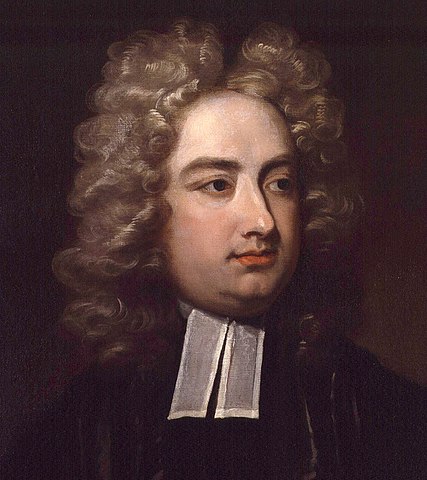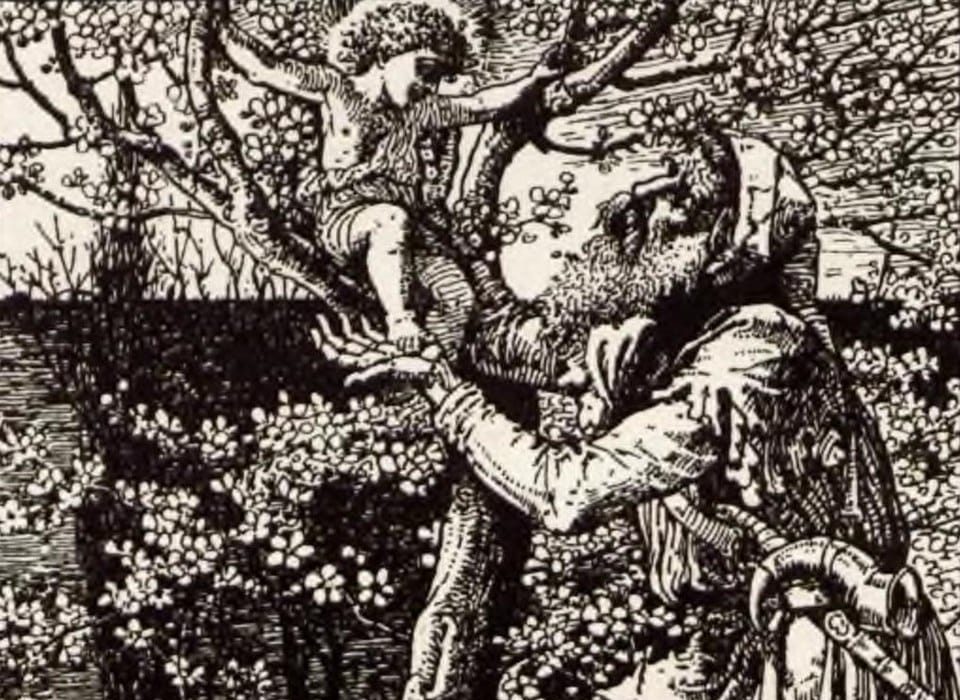What is neoclassical literature, and who wrote during this time?
Two big names out of the Neoclassical movement included Jonathan Swift and Alexander Pope. Yet, there were many more. If you are familiar with the former due to “A Modest Proposal” (1729), then you already have some familiarity. If not, it’s never too late to dig into the satirical elements of the movement.
However, there is much in the movement that it is necessary to explore for a better understanding of literature in general.
What was the neoclassical literature period?
The era in which this period thrived was somewhere between 1660 and 1798. The movement features three important sections, that include the Restoration Period, the Augustan Period, and The Enlightenment Period.
Furthermore, the Neoclassical literature era was marked by an attempt to mimic the Greek and Roman writers of the past. Additionally, writers tried to blend the ideas of enlightenment into the overall writing style of the time. Some sources state that the neoclassical movement in literature was based on these past ideals and skepticism, which took a stern look at societal norms of the time.
With it, came a great deal of satire.
Important Works and Themes
Some works that popped up during this time included The Dunciad by Alexander Pope. He published this anonymously, as it was an unsavory look at his critics. There was also Gulliver’s Travels by Johnathan Swift, which satirized society at large and the inconsistencies in what the norms and mores were espoused.
The neoclassical movement was also the time of wit and cynicism. The writing reached more people, which was great for the down-trodden because education–a factor in reformation–became a reality. As such, themes of social needs and the belief in society, religion, and government were important aspects in published works. As some sources stated, the literature of the time featured “common sense, order, accuracy, and structure,” and showed humanity as “flawed and more human.”





Leave a comment